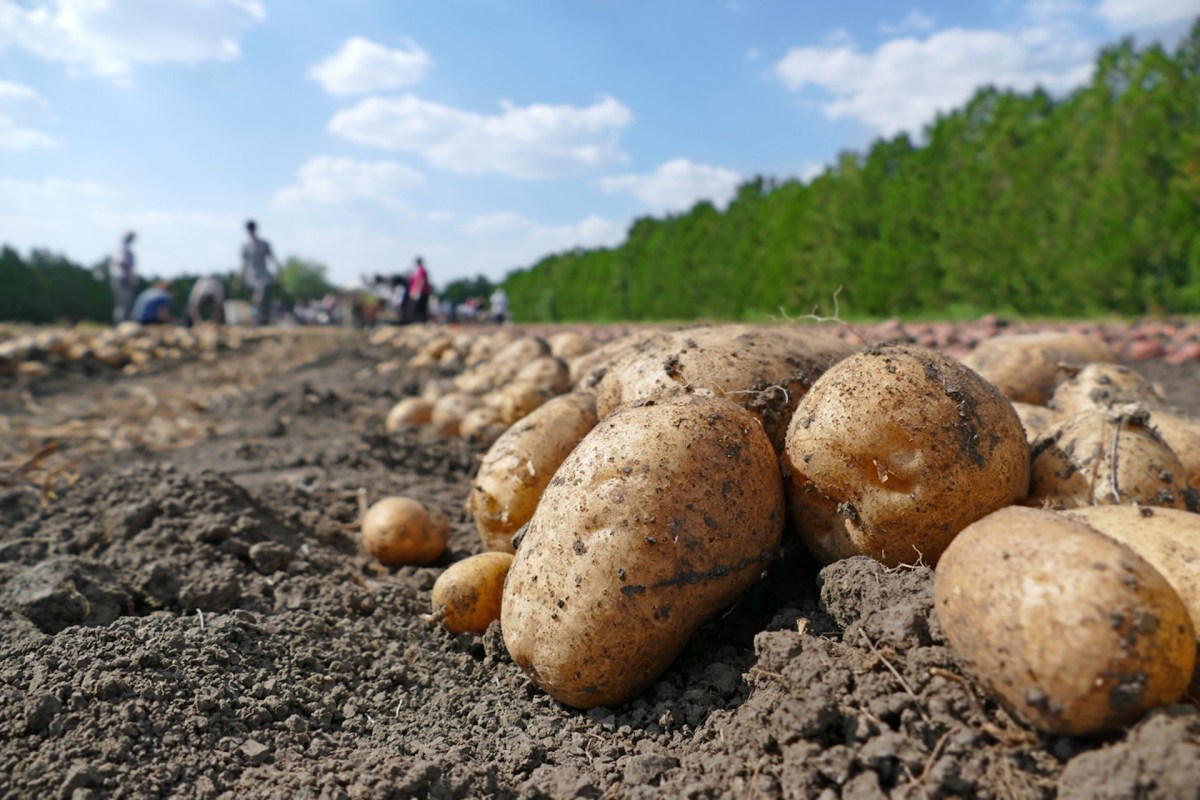You've heard of Superman — now get ready for super potato, a food staple in the making that would be tougher and more nutritious than current varieties.
Researchers at McGill University in Montreal analyzed the genetic code of around 300 potato varieties and created a pangenome that combines the genetic characteristics of about 60 potato species, The Montreal Gazette reports.
They're hoping the information can be used to one day create potatoes that are more resistant to disease and extreme weather.
"Take the example of the ice storm we had here in Quebec in the spring," researcher Martina Strömvik told the publication. "If the potatoes had already been planted, would they have survived or would they have died? These are really things we need to focus on."
The genetic information gathered by the researchers could also be used to create potatoes with longer shelf lives or more dietary value. However, just like Superman, super potato has vulnerabilities.
"Even if we try to create a super potato capable of resisting everything, nature will always find a way to shuffle the cards," Strömvik told The Gazette. "Rather, we are trying to figure out how different varieties might grow in different conditions."
Finding drought-resistant crops is essential as our planet continues to warm — nearly a quarter of people worldwide lived under drought conditions during the past two years, according to a new report. In 2023, experts predicted ongoing drought conditions to affect food security in several regions across the globe through 2023 and into 2024.
Meanwhile, a more disease-resistant potato could help to feed the billion people globally who rely on this food staple. A number of diseases can attack these tasty tubers, including brown rot, potato mop-top virus, and blackleg. Scientists predict that rising global temperatures will make potatoes even more susceptible to disease in the future.
The Canadian team isn't the only one racing to create hardier potatoes — researchers at the University of Maine are working on developing a tater that they hope can beat the heat. Meanwhile, experts at Texas A&M have produced drought-proof melons, and researchers at the University of Maryland have developed heat-tolerant apples.
Join our free newsletter for weekly updates on the coolest innovations improving our lives and saving our planet.









